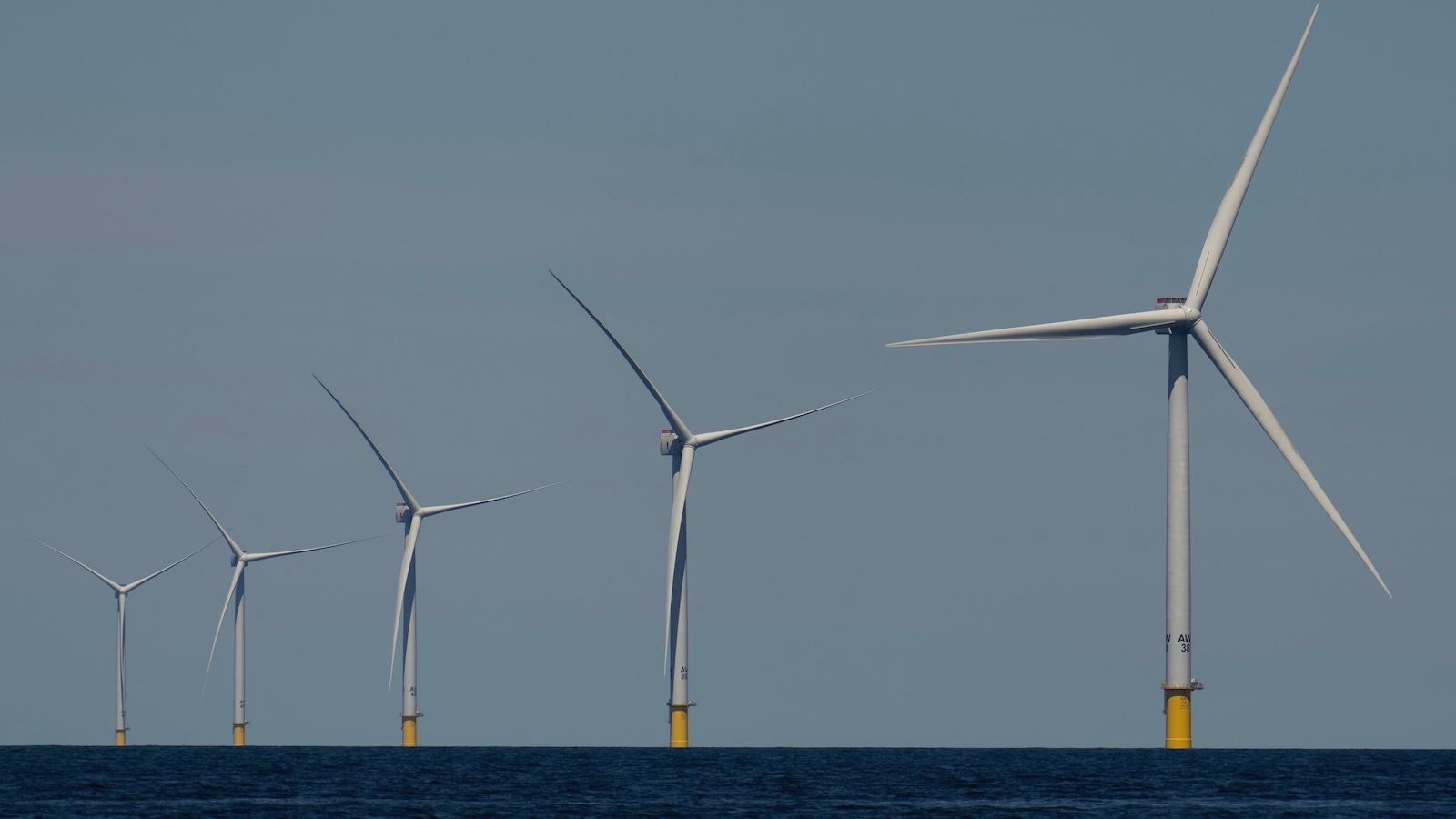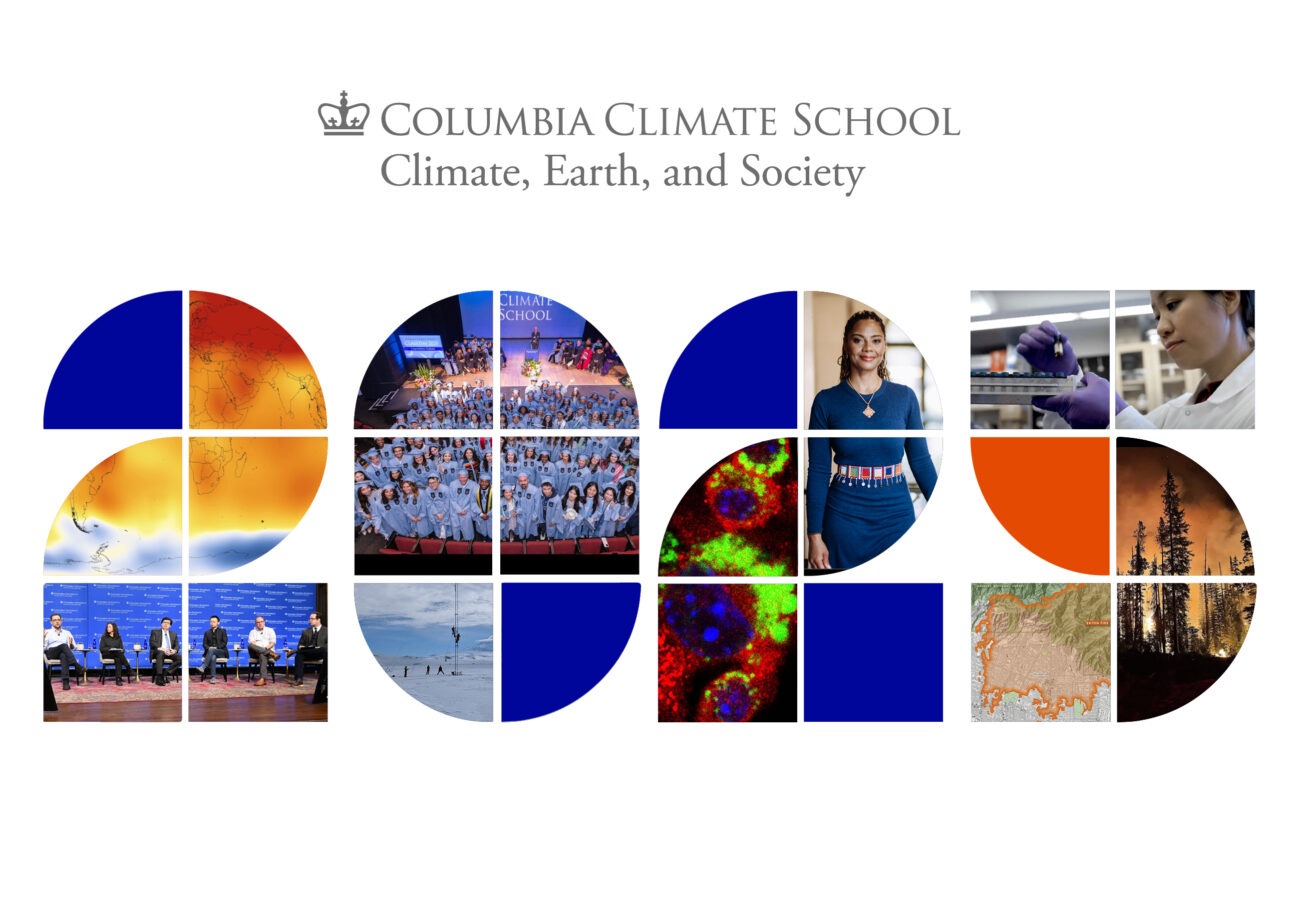As the clock strikes midnight and we step into a new year, the tradition of making resolutions is alive and well. For many, the promise of self-improvement—from going to the gym more often to reading a book a month—feels like a fresh start. In fact, three in ten Americans are about to set New Year’s Resolutions for themselves with the top five areas consisting of working on health, improving finances, spending more time on relationships, pursuing hobbies, and bettering their career, which are among a myriad of other self care practices and goals.
But for some, there’s another resolution that holds even more weight: reducing their environmental footprint. From cutting down on energy consumption, adopting a fully plant-based diet, going totally plastic-free or even trying a zero waste lifestyle: all of these ideas are commendable yet most of us cannot maintain this extreme level of sustainability. A 2024 survey by The American Psychological Association (APA) found that more than half (53%) of Americans feel that climate change is impacting their mental health. This manifests as a phenomenon known as climate anxiety, where individuals experience some level of concern or anxiety about the impacts of climate change while facing the recurring feeling of not knowing where to begin or what to do to help.
As we enter a new year with lofty goals of environmental commitment, there’s an uncomfortable truth we must face: our resolutions are often broken either due to lack of motivation, feeling overwhelmed, or simply not seeing immediate results. There’s a day that is marked for the abandonment of our wishful new year’s resolutions called “Quitter’s Day”. It is named for the second Friday of the year because that is when most people throw in the towel relinquishing the high expectations they place on themselves.
What is the point of overwhelming ourselves to the point of failure? It is definitely not sustainable. What if we lowered the bar a bit and tried something new, something imperfect that will be effective and longer lasting. By setting realistic, achievable goals and having strategies to maintain motivation we significantly increase the chances of success. For example, how about skipping plastic cutlery to begin with by making sure to keep a set of reusable alternatives in your car or your bag? Try doing the same with a reusable water bottle or even try making your coffee at home and using a reusable tumbler. Perhaps you can try convert 40% of your meals into plant-based and still make a significant impact per a study done by the University of Michigan. You can make a commitment to commute with public transportation or carpooling with a friend 3 times per week as a starting point. Surely, these ideas are more doable than the “all or nothing” mindset many of us take on and it’s a win-win as they even support the top goal most people have, which is to save money.
This idea of perfection is not just impractical; it’s paralyzing. The fear of failure or not living up to the standards that social media influencers or society deemed as “enough” is where what I call Imperfect Environmentalism comes into play. We truly need large masses of people participating in addressing the environmental crisis no matter where they begin versus a small handful of people doing it perfectly and at times shaming others into feeling that they aren’t doing enough.
We all have a role to play and if we begin somewhere, anywhere, that is a good step forward. Realizing the power we hold as a collective unit of inhabitants of this precious planet allows us to create change versus the mindset far too many people hold onto which is that they are “just one person”. From the wise words of Margaret Mead, “Never doubt that a small group of thoughtful, committed citizens can change the world. Indeed, it is the only thing that ever has.”
So this New Year take a moment to re-evaluate your resolutions with a lens of imperfection. You may be surprised to make them last far longer into the year and maybe even evolve into a new habit or two.
About the Author
Sheila Michail Morovati is the author of the book Imperfect Environmentalist: How to Reduce Waste and Create Change for A Better Planet and founder and President of Habits of Waste, an environmental nonprofit that works to create collective change and impactful policies, with a focus on waste reduction, for a healthier, more sustainable future.
Source link
Earth911 earth911.com



